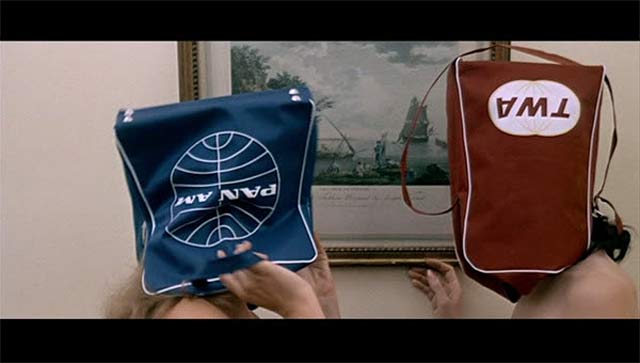‘One does not discover new continents without consenting to lose sight of the shore for a very long time.’ –Andre Gide
Illegal markets differ from legal markets in many respects. Although illegal markets have economic significance and are of theoretical importance, they have been largely ignored by economic sociology. In this article we propose a categorization for illegal markets and highlight reasons why certain markets are outlawed. We perform a comprehensive review of the literature to characterize illegal markets along the three coordination problems of value creation, competition, and cooperation. The article concludes by appealing to economic sociology to strengthen research on illegal markets and by suggesting areas for future empirical research. (…)
Markets are arenas of regular voluntary exchange of goods or services for money under conditions of competition (Aspers/Beckert 2008). The exchange of goods or services does not constitute a market when the exchange takes place only very irregularly and when there is no competition either on the demand side or on the supply side. Markets are illegal when either the product itself, the exchange of it, or the way in which it is produced or sold violates legal stipulations. What makes a market illegal is therefore entirely dependent on a legal definition.
When a market is defined as illegal, the state declines the protection of property rights, does not define and enforce standards for product quality, and can prosecute the actors within it. Not every criminal economic activity constitutes an illegal market; the product or service demanded may be too specific for competition to emerge, or it may simply be business fraud. Since illegality is defined by law, what constitutes an illegal market differs between legal jurisdictions and over time.
{ Max Planck Institute for the Study of Societies | Continue reading | PDF }



